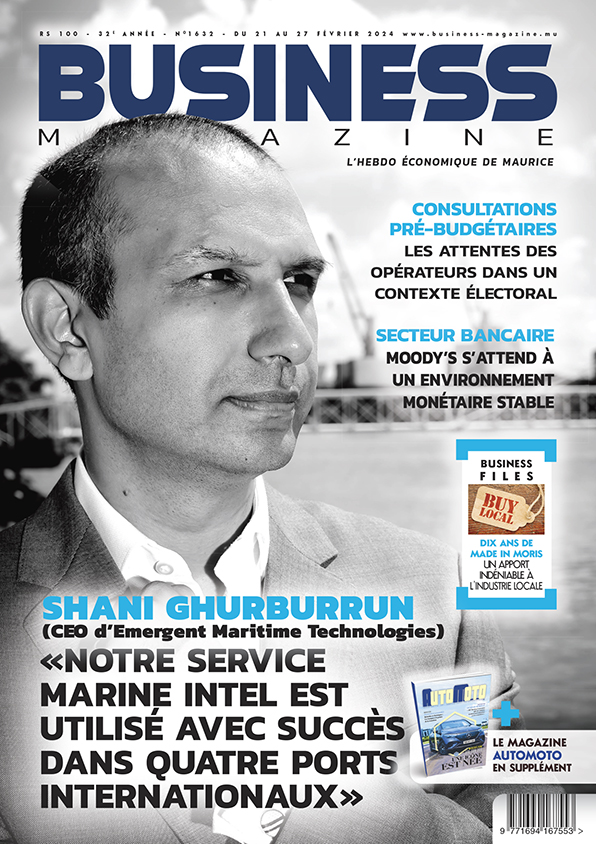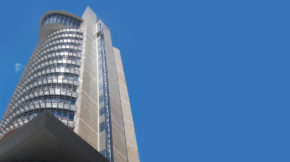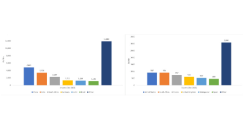Mauritius’ Economic Outlook 2024 Targeting Resilient Growth…
Share

As the world continues to navigate the aftermath of the COVID-19 pandemic, geopolitical tensions, and an uncertain economic future, Mauritius emerges as a notable example of resilience and potential, according to the 2024 Maurice Stratégie Economic Review and Outlook. The recently released report by the government think-tank illuminates Mauritius’ path toward sustainable growth despite global headwinds. The report also underscores the “agility” of the Mauritian economy, “bolstered by robust tourism“, strategic public sector investments, and sound fiscal policy, offering a rather promising outlook for 2024 and beyond.
Mauritius, with the fifth highest cost of living in Africa, is on a trajectory toward significant economic growth, projecting a GDP increase of 6.5% in 2024. This growth is supported by a dynamic mix of drivers, including a buoyant tourism sector, substantial public and private investments, and expected surges in goods and services exports. Notably, strategic hikes in minimum wage and salary compensation are anticipated to spur consumption and further fuel economic expansion.
The global economy’s resilience, especially within the services sector, reflects our country’s own recovery trajectory. As international travel rebounds, Mauritius is poised to capitalize on this trend, with tourism expected to fully recover by 2024. This revival is crucial not just as a revenue stream but as a testament to our island’s lasting appeal and effective pandemic management.
However, growth is not without its challenges. Global trade uncertainties and a foreign direct investment slowdown pose risks to the Mauritian economy. Nevertheless, the government’s measures, including fiscal reforms and social support initiatives, aim to stabilize the economy.
The “Made in Moris” initiative, underscored by Finance, Economic Planning, and Development Minister Renganaden Padayachy, highlights Mauritius’ commitment to quality and innovation. By promoting local manufacturing and launching platforms like the Mauritius Expo Virtual Platform, Mauritius aims to boost its domestic industry and export potential.
Addressing fiscal sustainability and social equity remains critical as Mauritius forges its economic path. The concerns raised some weeks ago by Philippe Forget, Chairman of La Sentinelle/L’express, about the nation’s fiscal health, call for a balanced approach to economic development that ensures long-term viability without compromising social welfare.
The government’s shift from a generous provider to a disciplined economic steward mirrors a global reassessment of growth versus sustainability. This adjustment is vital as Mauritius seeks to establish a more resilient and equitable economy.
With 2024 on the horizon, the leadership of Minister Padayachy is pivotal. Facing demands for further compensation and increased pensions, the government’s capacity to balance these pressures with fiscal prudence will be crucial for maintaining economic stability.
Mauritius’ economic forecast for 2024 offers a model for overcoming adversity through strategic strength, addressing vulnerabilities, and committing to social equity. As the island prepares for the upcoming general elections, its ability to navigate economic turbulence sets a precedent for thriving in the face of global challenges.
The International Monetary Fund’s (IMF) World Economic Outlook: Navigating Global Divergences (October 2023) emphasizes the importance of robust monetary policy frameworks and effective communication strategies in managing inflation expectations and facilitating disinflation with minimal output cost. The report explores the potential impacts of global trade disruptions in commodities on prices, economic activity, and the green energy transition, highlighting the need for solutions that protect the global economy and promote a shared future.
Addressing the climate crisis and meeting the Paris Agreement’s ambitious goals require a collective effort, including comprehensive climate policies and significant climate investment. For low-income countries facing inflation, food insecurity, and debt challenges, enhancing revenues, prioritizing expenditures, and leveraging digital technologies for sustainable economic growth are imperative.
Mauritius’ journey towards 2024 encapsulates a strategic response to global economic challenges, underscoring the importance of resilience, innovation, and sustainability in shaping a prosperous future.









